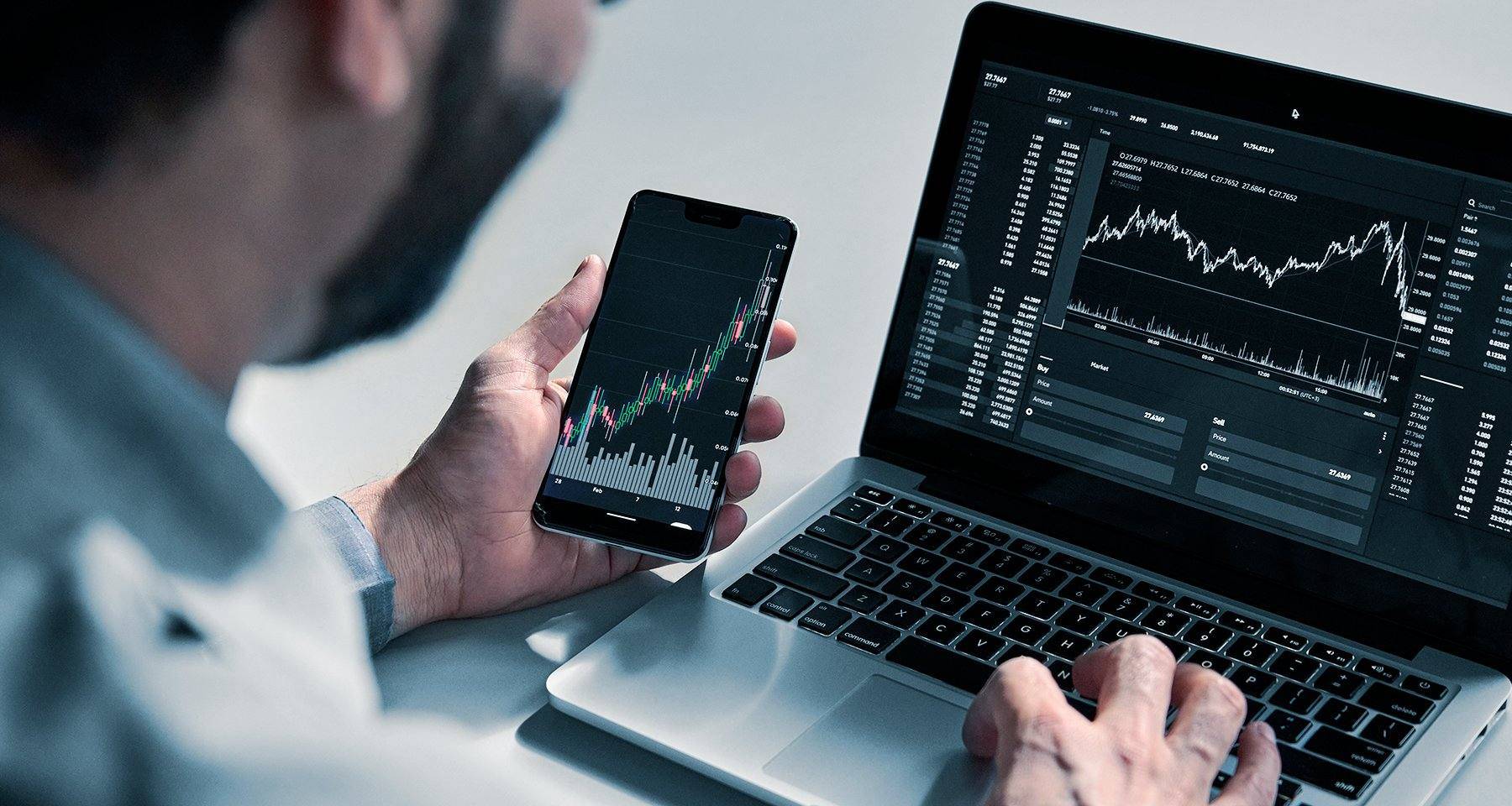The rise of digital assets has attracted significant attention from institutional investors worldwide. Crypto exchanges, as the gateways to the digital asset ecosystem, play a crucial role in enabling these investors to access and manage their portfolios. However, entering this space requires a careful understanding of the opportunities and risks involved. This article provides an in-depth overview tailored for institutional players considering or already engaging with crypto exchanges.
Understanding Crypto Exchanges for Institutions
Crypto exchanges are platforms where digital assets can be bought, sold, and traded. Unlike retail investors who typically use standard exchanges, institutional investors often require more sophisticated services, higher liquidity, enhanced security, and compliance features to support large-volume transactions and regulatory standards.
Opportunities for Institutional Investors
- Access to a Growing Asset Class
- Digital assets represent a new frontier in investment diversification.
- Institutional involvement adds credibility and market stability.
- Exposure to potentially high-growth opportunities beyond traditional markets.
- Advanced Trading Tools and Liquidity
- Institutional exchanges offer advanced order types such as block trades and algorithmic trading.
- Greater liquidity reduces market impact for large transactions.
- Access to over-the-counter (OTC) desks for discreet, high-volume trades.
- Regulatory Compliance and Security
- Many institutional-focused exchanges prioritize regulatory adherence to foster trust.
- Enhanced KYC/AML procedures ensure compliance with global financial laws.
- Cold storage and insurance options provide an additional layer of security for digital asset custody.
- Portfolio Management and Custody Solutions
- Integrated platforms offer portfolio tracking and analytics tailored for institutional needs.
- Custodial services protect assets from cyber threats and operational risks.
- Multi-signature wallets and smart contract audits add security.
- Global Market Access and 24/7 Trading
- Crypto markets operate continuously, unlike traditional markets.
- Institutions can react swiftly to market movements across global time zones.
- Access to diverse markets and asset classes worldwide.
Key Risks Associated with Crypto Exchanges
- Regulatory Uncertainty
- Regulations are still evolving and vary significantly by jurisdiction.
- Potential for sudden changes impacting trading legality or tax treatment.
- Risk of non-compliance leading to fines or operational restrictions.
- Security Vulnerabilities
- Exchanges are prime targets for hacking and cyber-attacks.
- Risk of loss due to exchange insolvency or internal fraud.
- Custody risks if private keys or access credentials are compromised.
- Market Volatility and Liquidity Risks
- Digital assets are known for price volatility, affecting portfolio stability.
- Despite improvements, liquidity can still be limited in certain markets or assets.
- Potential for slippage in large orders impacting execution prices.
- Operational Risks
- Technology failures such as downtime or trading halts.
- Risks related to third-party service providers, including custodians and payment processors.
- Potential issues with platform governance or management decisions.
- Reputational Risk
- Association with poorly regulated or controversial platforms could impact institutional image.
- Negative publicity from exchange hacks or scandals can affect investor confidence.
Selecting the Right Crypto Exchange: Institutional Considerations
When choosing an exchange, institutional investors should evaluate:
- Regulatory Status and Compliance
Does the exchange operate in regulated markets? Are there clear policies on KYC/AML? - Security Protocols
What measures protect against hacking and fraud? Are there insurance policies for assets? - Liquidity and Market Access
Does the exchange support high-volume trades and provide access to diverse digital assets? - Technology and Trading Features
Are there APIs, algorithmic trading tools, and reliable infrastructure? - Custody and Asset Management
Does the exchange offer integrated custody solutions or partnerships with trusted custodians? - Transparency and Reputation
What is the exchange’s track record? Are financial statements or audits available?
Future Outlook for Institutional Crypto Exchanges
The institutional crypto exchange landscape is rapidly evolving, driven by innovation and regulatory developments. Increasing demand for transparency, security, and compliance will push exchanges to enhance their offerings. Additionally, the growth of decentralized finance (DeFi) and integration with traditional financial systems will likely create new opportunities and challenges for institutional investors.

Conclusion
Crypto exchanges for institutional investors represent a promising yet complex gateway into the digital asset ecosystem. By carefully weighing the opportunities against inherent risks, institutions can strategically harness the potential of these platforms to diversify portfolios, enhance liquidity, and access a dynamic global market. Vigilance in compliance, security, and due diligence remains essential to navigate this evolving landscape successfully.
